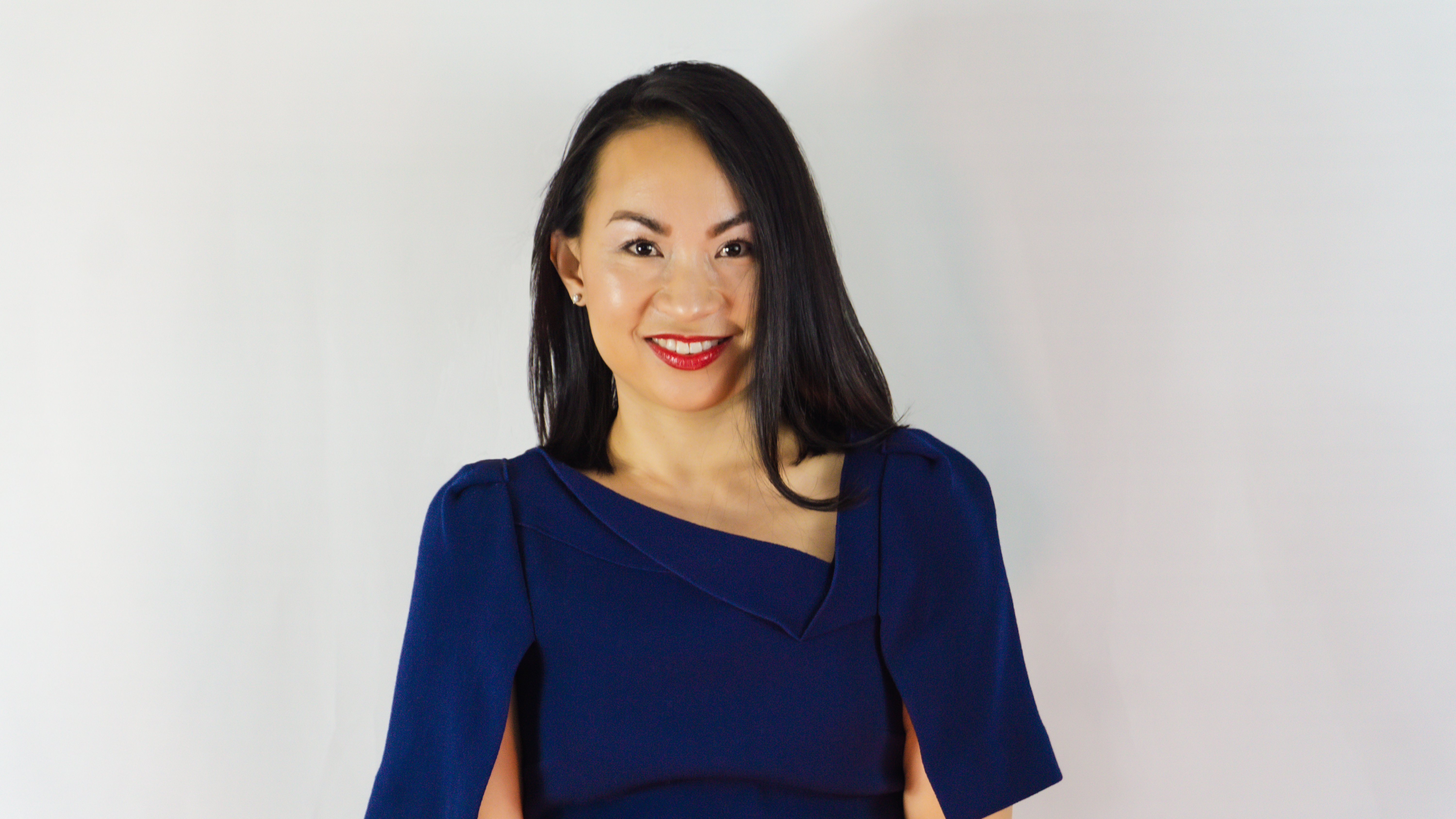
2018-19 Abstract: The Relationship Between Licit and Illicit Global Capital Flows: Ethnography, Economy, and Law
Research on global markets tends to center on either formal markets or shadow economies. Few scholars look at the intertwining relationship between licit and illicit activity in markets. Economists typically cover the realm of the formal economy by using statistics, modeling, and simulation of financial flows, which are devoid of real-life market actors, while humanistic and sociological approaches tend to focus on illicit trades through ethnographies of money laundering, criminal networks, sex work, or shadow banking. While both approaches produce valid insights, neither approach holistically addresses the question of how illicit activities (i.e. bribery, corruption) necessitate the flow of global capital into formal economies around the world. Emerging markets, which are highly unregulated and subject to corruption, enable us to theorize the intersection between legal vs. illegal activity in markets. These are places where people, politicians, and scholars know that formal and informal economies overlap, yet no one has examined how they overlap.
 THE UNIVERSITY OF CHICAGO
THE UNIVERSITY OF CHICAGO

